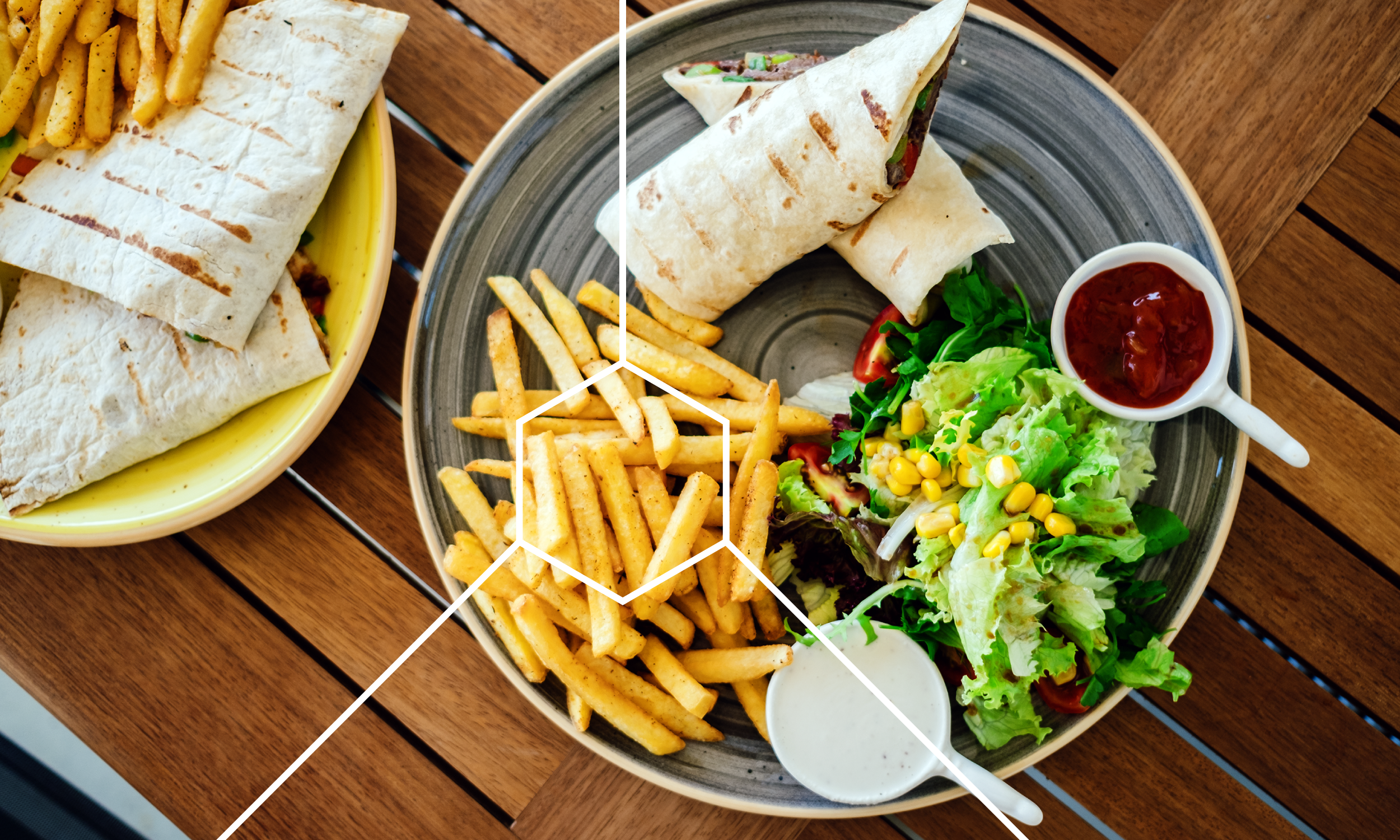
Fasting has boomed in popularity as a dietary trend. We know how effective fasting can be at generating weight loss. But did you know that fasting can also help induce bodily functions such as autophagy? If you’re focused on your longevity and healthy aging, you should be focused on autophagy. Today, we will go over what autophagy is and its meaning, how fasting can induce autophagy, the safe way to fast, how to break a fast, how long does autophagy last, and what foods you can eat to induce autophagy.
What Is Autophagy?
Autophagy is the Greek term for “self-eat.” You hear this, and you may quickly jump to the conclusion that autophagy is bad. However, this couldn’t be further from the truth! Autophagy is one of the body’s most essential functions, and without it, our cellular health would quickly deteriorate.
When the body is experiencing autophagy, old and damaged cells will be replaced with newer, healthier cells. Sometimes, instead of destroying the damaged cells altogether, the body will attempt to repair these cells and recycle them for later use. This process can help slow down the effects of aging and can even reverse some aging side-effects.
How Do I Induce Autophagy?
When it comes to inducing autophagy, calories play a vital role. You may be wondering if there is a specific autophagy diet that you can follow easily. Before going further, we must point out autophagy research is still in its infancy. Therefore, the research we do have regarding the topic is limited. With that being said, from the limited information we do have, we believe there are three different ways to induce autophagy:
- Caloric restriction
- Fasting
- Nutrient restrictions
In order to induce autophagy, calorie restriction is key. When your body is in a calorie deficit autophagy can begin. The reason why fasting works so well is that autophagy occurs when your cells essentially starve. Without a food source to generate energy from, your cells send out signals. These signals help kickstart the autophagy process.
What Do You Need To Know About Breaking A Fast?
Now that you have learned how key fasting is to inducing autophagy, you may be wondering does autophagy stop when you eat. As noted earlier, one of the best ways to induce autophagy is through caloric restrictions. Fasting is a great way to achieve autophagy, but it’s important that you fast correctly. Part of a successful fast is how you break it. While it may be tempting to cram your face with your favorite foods, easing your body back into eating with a light and healthy meal is the best way to break a fast. Some of the foods you should eat to break a fast include:
- Smoothies
- Dried fruits
- Soups
- Vegetables
- Fermented foods
- Healthy fats
We recommend always carrying something healthy (like a protein bar, for example) on you when fasting. If you ever begin to feel ill, break the fast immediately.
Does Medication Break Autophagy?
Now that you have learned about autophagy you may now be wondering what breaks autophagy. We’re often asked whether or not medication can break a fast and therefore break autophagy. No, prescribed drugs or over-the-counter medications can not break a fast, and you should not stop taking doctor-prescribed medicines for any reason. However, you need to be sure the medication is safe to take on an empty stomach.
Talk with your doctor before starting a fast. Not only will they let you know if fasting will interfere with any of your medications, but they will also advise you on whether or not it’s safe to fast. Certain medical conditions make fasting dangerous.
When Does Autophagy Peak?
Several different factors will determine the autophagy peak. For one, the method of inducing autophagy will play a role. If that method is fasting, the individual’s metabolism, weight, height, age, and gender will also play a role. Researchers also believe that those who are active and practice a healthy diet induce autophagy faster.
Animal research has found that autophagy begins after 24 hours of fasting, with peak levels occurring around 48 hours of fasting. Human studies have detected autophagy in cultured neutrophils after 24 hours. Unfortunately, there are no conclusive studies that indicate an optimal period of fasting to achieve autophagy. Other than some medications, you may be wondering what stops autophagy. Too many calories can be another factor.
How Many Calories Stop Autophagy?
While you know not to overindulge in all your favorite foods, you may be wondering exactly how many calories stop autophagy? While research is limited, researchers believe that autophagy may not remain active when any food is consumed. An increase in insulin levels is generally thought to downregulate autophagy. Therefore, if you want to stop autophagy, all you have to do is eat. This differs from ketosis, which remains active with the consumption of certain macronutrients.
This can get difficult when it comes to beverages. For example, is it okay to drink a cup of black coffee with no cream or sugar? After all, this cup of coffee is only around five calories. Most experts believe that it’s okay to drink low-calorie drinks just as long as you’re staying hydrated by drinking plenty of water.
Supplements Can Help
Fasting is an effective way to induce autophagy. Another method is by eating foods that are rich in spermidine. Unfortunately, most Americans fail to get their recommended daily dose of spermidine through their diet. spermidineLIFE supplements can help. We offer the world’s first award-winning spermidine supplement to ensure our customers get their recommended amount of spermidine every day.







